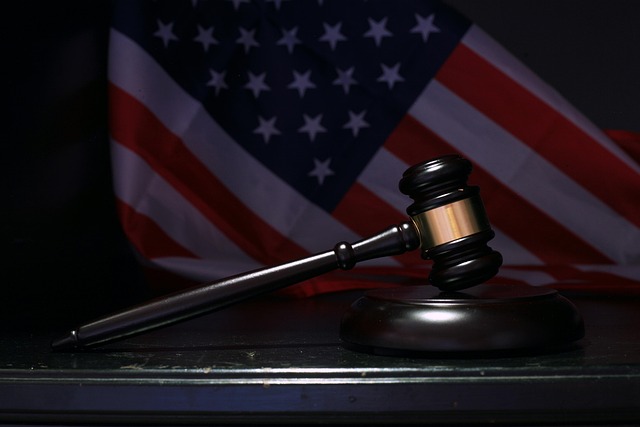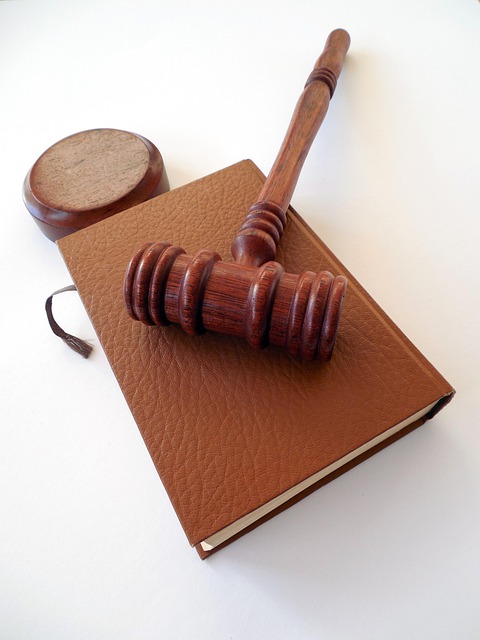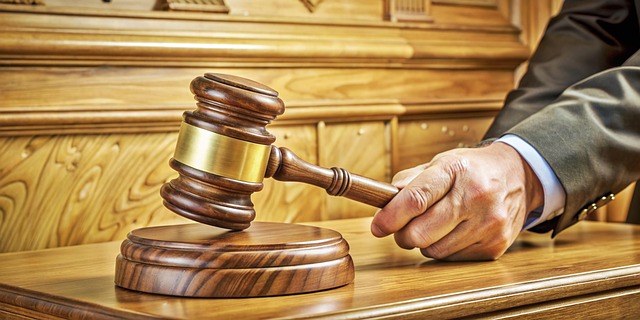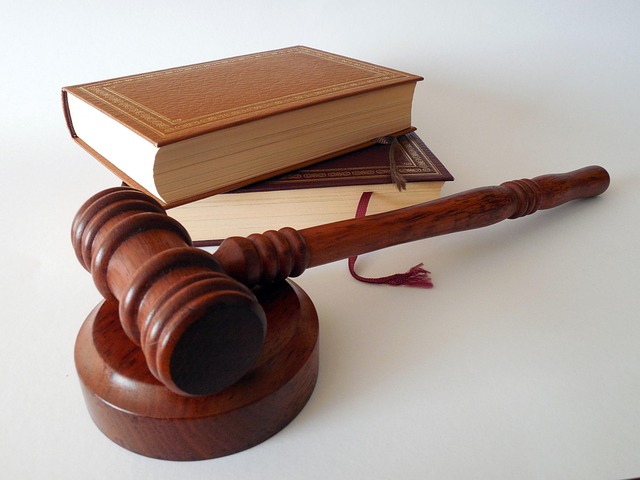Recognizing physical symptoms like headaches, dizziness, nausea, and cognitive changes post-motorcycle accident is vital, especially for potential head injuries. Immediate medical attention is crucial to manage symptoms and prevent complications. Legal representation from an experienced attorney ensures understanding of rights and fair compensation for associated damages, including medical expenses and lost wages.
After a motorcycle accident, recognizing the signs of a concussion is crucial for proper treatment and recovery. Concussions, often overlooked as minor injuries, can cause significant physical and cognitive symptoms. This article explores key indicators of a motorcycle accident head injury, including immediate and long-term effects. We’ll guide you through recognizing physical symptoms, understanding behavioral changes, and knowing when to seek professional help, ensuring a safe and speedy recovery.
- Recognizing Physical Symptoms Post-Accident
- Cognitive Changes and Behavioral Indicators
- Long-Term Effects and When to Seek Help
Recognizing Physical Symptoms Post-Accident

After a motorcycle accident, recognizing physical symptoms is crucial for anyone who has suffered a head injury. The immediate effects can include severe headaches, dizziness, and even nausea or vomiting. These symptoms are often accompanied by sensitivity to light and noise, which can make everyday activities challenging. Additionally, some individuals may experience blurred vision, difficulty concentrating, or balance issues following a crash.
It’s important to remember that truck accident injuries, especially those involving the head, can have delayed onset. While initial physical symptoms might seem subtle, they could indicate a more severe motorcycle accident head injury. If you’ve been in such an incident and are experiencing any unusual or persistent changes in your physical state, it’s essential to seek medical attention promptly. Legal representation and insurance disputes can be complex after such accidents, so ensuring proper documentation of all injuries is vital for pursuing necessary compensation.
Cognitive Changes and Behavioral Indicators

After a motorcycle accident involving head trauma, cognitive changes and behavioral shifts can be significant indicators of a concussion. Individuals may experience difficulties with concentration, memory, and decision-making—tasks that once came naturally. This can manifest as forgetfulness, trouble focusing on conversations or reading, or making impulsive decisions. Mood swings, irritability, and even anxiety or depression are also common behavioral signs. These changes can impact daily routines, work performance, and relationships, emphasizing the need for proper assessment and management.
Seeking legal representation from an experienced accident lawyer is crucial for those who suffer a motorcycle accident head injury. Understanding your rights and navigating the often complex process of personal injury claims can be challenging, especially when dealing with the physical and cognitive aftermath of a concussion. A skilled attorney dedicated to real estate litigation or personal injury cases can ensure you receive fair compensation for medical expenses, lost wages, and other damages associated with your motorcycle accident head injury.
Long-Term Effects and When to Seek Help

A motorcycle accident head injury can have immediate as well as long-term effects. Even if symptoms seem mild initially, persistent headaches, dizziness, and cognitive issues like difficulty concentrating or remembering things may emerge days or weeks later. These are signs of what’s commonly known as a concussion—a traumatic brain injury that requires proper management and monitoring.
If you’ve suffered a motorcycle accident head injury, it’s crucial to seek help promptly. Ignoring persistent symptoms can lead to further complications and prolonged recovery. Homeowner insurance claims may cover medical expenses related to your injury, but for cases involving severe or complex injuries, consulting with an auto accident attorney is advisable. They can guide you through navigating legal aspects while ensuring you receive the compensation you deserve, especially if the accident was due to another party’s negligence—a breach of contract that could have prevented the collision.
A motorcycle accident can cause severe head injuries, often masked by initial excitement or shock. Recognizing the signs of a concussion is crucial for proper treatment and recovery. Both physical symptoms like dizziness and cognitive changes such as difficulty concentrating are indicators. If you’ve been in a motorcycle accident, be aware of these signs, especially if they persist beyond a few days. Long-term effects can include chronic headaches, memory issues, and even personality shifts. In the event of a suspected head injury, seek medical attention promptly to mitigate potential complications and ensure a full recovery from your motorcycle accident head injury.






